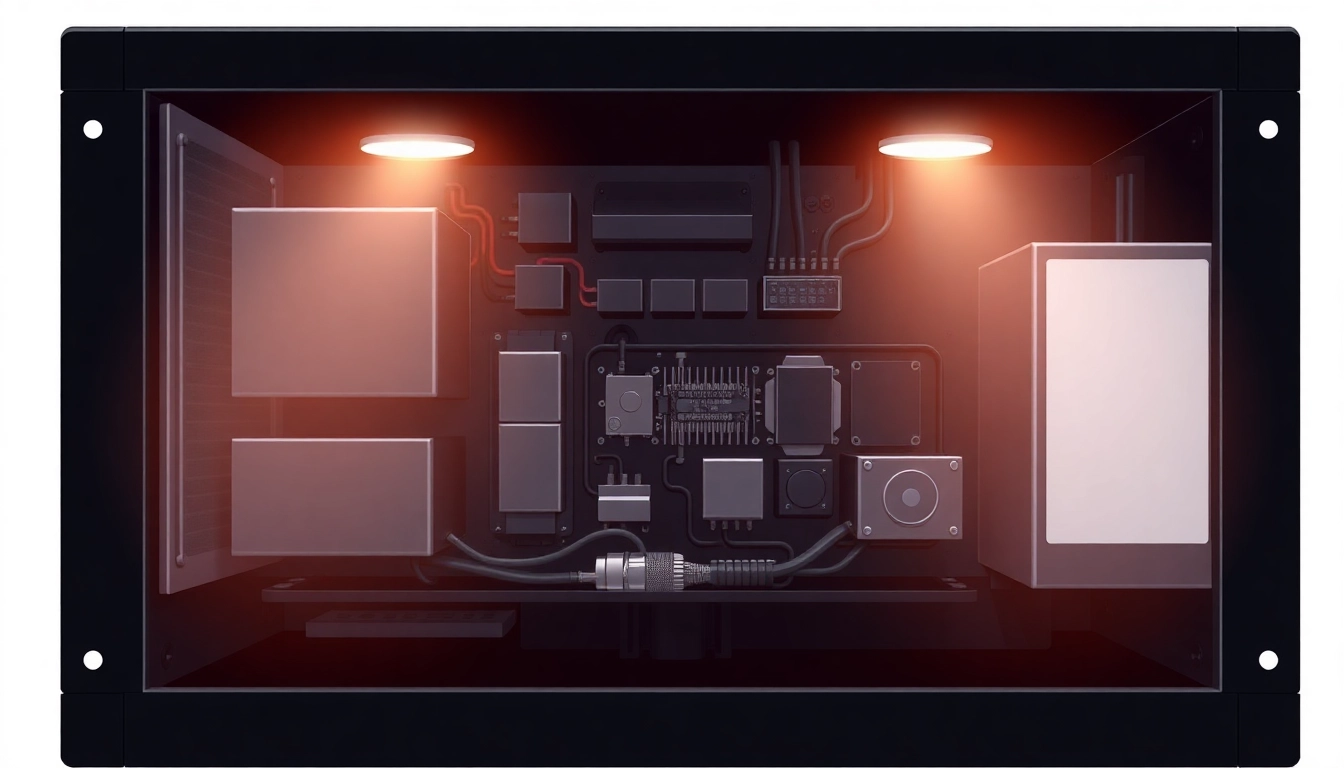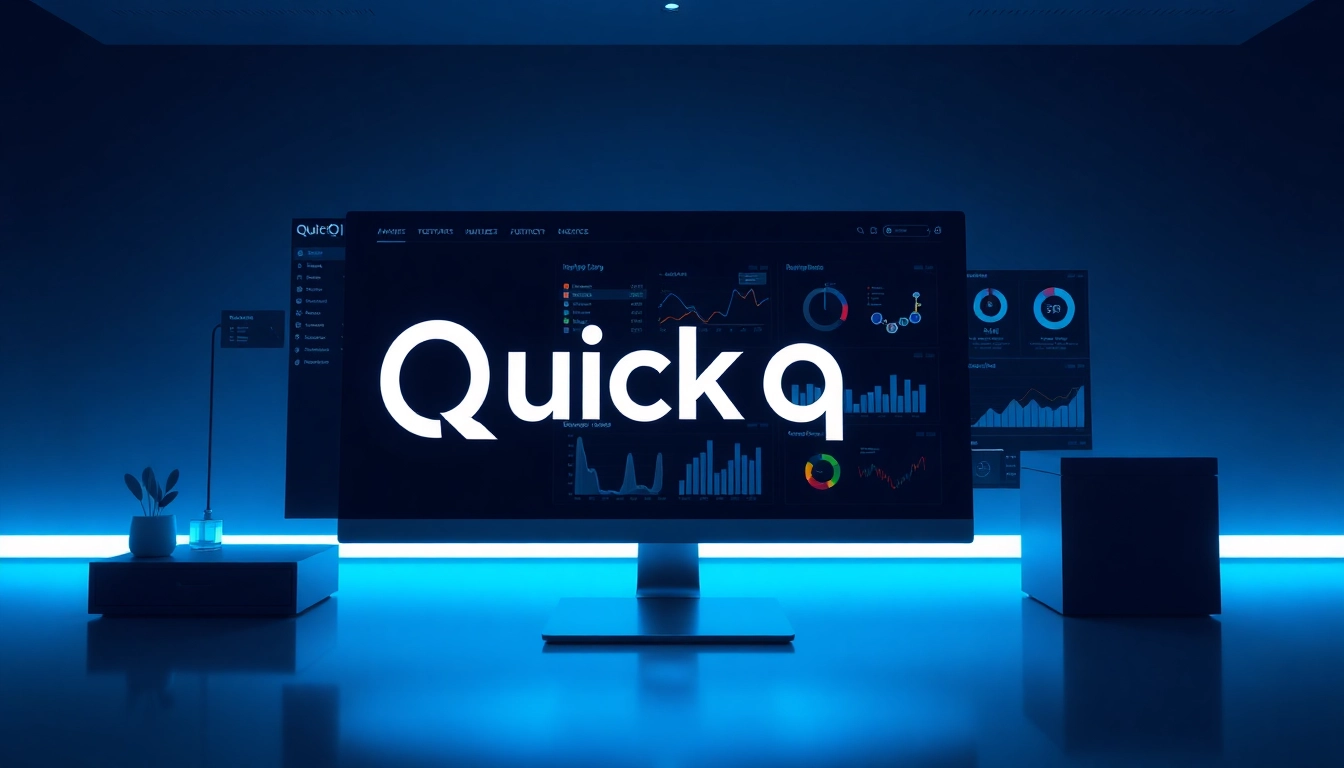Understanding the Role of Power Supply Manufacturers
In today’s technologically-driven world, the Power Supply Manufacturer plays a vital role in supplying power to virtually every device we use, from personal computers to industrial equipment. The power supply unit (PSU) is crucial for delivering power to components and ensuring their performance and longevity. This article delves into the intricacies of power supply manufacturers, the importance of quality in power supplies, and what to consider when selecting a supplier.
What Is a Power Supply?
A power supply is an electrical device that provides the necessary energy required to run electronic equipment. It converts electrical energy from a source (like a wall outlet or battery) into usable power tailored for specific devices. There are numerous types of power supplies including AC-DC and DC-DC converters, linear power supplies, and switch-mode power supplies (SMPS), each designed to serve specific applications.
Importance of Quality in Power Supplies
The quality of a power supply can significantly affect not only the performance of the hardware it supports but also the safety and efficiency of the entire system. Low-quality power supplies can lead to voltage instability, overheating, and potential hardware damage. Additionally, poor power supplies can result in inefficiencies that may increase energy costs and lower overall system performance.
Key Features to Look for in Power Supply Manufacturers
- Certification and Compliance: Manufacturers should adhere to international safety standards such as UL, CE, or RoHS, ensuring reliability and safety.
- Efficiency Ratings: Look for power supplies rated by the 80 PLUS program, which indicates efficiency levels achieving 80% or higher at different load levels.
- Quality Control Measures: A solid reputation for quality control in production processes is critical for longevity and reliability.
- Customer Support: Excellent after-sales support and warranty terms can be indicators of a manufacturers’ confidence in their products.
Leading Power Supply Manufacturers in the Industry
Overview of Prominent Brands
The power supply industry is marked by several leading manufacturers who dominate the market. Companies such as Corsair, Seasonic, EVGA, and Mean Well are renowned for producing reliable power supplies. Corsair, with its RMx series, is favored among PC builders for its quiet operation and effective cooling, while Seasonic is often acclaimed for its high-quality components and efficiency ratings.
Manufacturer Comparison and Best Practices
When consumers are faced with multiple options, it helps to compare based on critical performance metrics. For example, while a brand might offer power supplies with a lower price tag, another might lead in efficiency or warranty duration. Users should assess reviews, expert recommendations, and case studies to understand which products hold up under real-world scenarios.
Customization Options from Different Manufacturers
Customization is becoming increasingly popular as users look for power supplies that cater specifically to their needs. Many manufacturers now feature options for custom labeling, attachment of connectors, or adjustments in output specifications, allowing developers and businesses to design solutions tailored exactly to their application requirements.
The Impact of Power Supply Quality on Performance
How Poor Power Supply Affects Performance
Inadequate power supplies can lead to system instability, crashes, and even permanent damage to sensitive hardware components. For example, low-quality PSUs may deliver fluctuating voltage levels that can confuse sensitive electronics and result in erratic behavior. This can be particularly troublesome in gaming rigs or workstations that demand stable power for high-performance tasks.
Efficiency Ratings Explained
Efficiency ratings, including the 80 PLUS certification, are essential in determining how effectively power is utilized. A PSU with an 80 PLUS Gold rating, for instance, will be at least 87% efficient at 20% and 100% load and at least 90% efficient at 50% load. Higher efficiency not only reduces electricity costs but also minimizes heat generation, enhancing the longevity of the system.
Case Studies: Success Stories from Quality Manufacturers
Numerous case studies demonstrate the benefits of investing in high-quality power supplies. One prominent example is the adoption of high-efficiency PSUs in data centers leading to reduced operational costs and improved cooling efficiency. Another involves gaming companies using reliable PSUs to enhance performance and reliability, showcasing how essential a quality power supply is in both consumer and enterprise environments.
Choosing the Right Power Supply for Your Needs
Assessing Your Power Requirements
Understanding your power requirements is pivotal in selecting the correct power supply. This includes calculating the total wattage needed by your components. Tools and calculators available online can help users determine the necessary wattage by accounting for each component’s power draw, ensuring that the power supply meets the overall demand plus a buffer for overhead.
Common Mistakes to Avoid When Selecting a Power Supply
One of the most common mistakes is underestimating wattage needs, leading to insufficient power during peak demands. Another frequent error involves overlooking the importance of efficiency ratings, which can impact long-term cost-effectiveness. It’s crucial to prioritize reputable brands and ensure the desired models meet or exceed the required certifications.
Practical Tips for Comparison Shopping
When comparison shopping, it is vital to consider the overall value rather than simply the lowest price. Look for features such as modular cables, which improve airflow and organization inside a case, and warranty lengths, which can indicate manufacturer confidence. Additionally, check online reviews and forums for firsthand experiences from other users before making a purchase.
Future Trends in Power Supply Manufacturing
Technological Innovations in Power Supplies
The power supply industry is continually evolving with technological advances such as digital power supply technologies and smart power management features that allow for better regulation and efficiency. This trend is likely to continue as the demand for customized power solutions grows with technological advances in computing and electronics.
Environmental Considerations and Sustainability
As environmental concerns rise, power supply manufacturers are increasingly focusing on developing greener products. This includes implementing recyclable materials, reducing waste during production, and adhering to energy-efficient standards. Such measures not only benefit the environment but also appeal to eco-conscious consumers looking for sustainable options.
Predicted Market Changes and Manufacturer Adaptations
The market for power supplies is expected to usher in more adaptations to meet the rising demand for renewable energy sources and microgrid systems. Advances in battery technology and energy storage solutions will likely influence manufacturers to diversify their offerings, moving beyond traditional power supplies into innovative energy solutions.















Leave a Reply